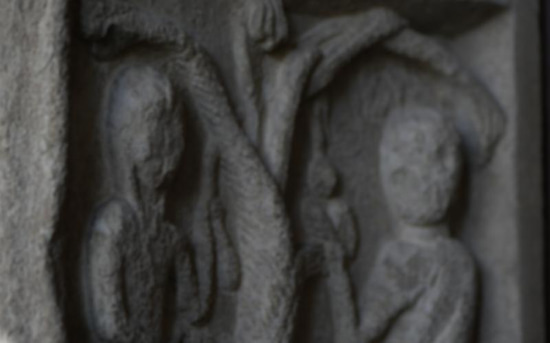There's an interesting observation about psychological terms that everyone knows and everyone uses: no matter how trivial and simple they look, if you dig a little deeper, there is always something new and not at all obvious. Let's talk about the concept of "inner child". We really love this metaphor: sometimes it's painful, sometimes it's funny, but almost always therapeutic.
I. Who is this inner child of yours?
In popular psychology, the concept of the inner child is usually used to mark the open, naive and creative part of the personality. Something emotional, direct, fun, open to new experiences and knowledge.
This is true, but there's more. Of course, the inner child does not exist in the neurobiological sense, and this is only a metaphor. But this metaphor is incredibly useful and profound. It is used in schema therapy, in Gestalt, and psychoanalytic approaches.
One can even rely on it outside of therapy, in creative hobbies or in writing practices.
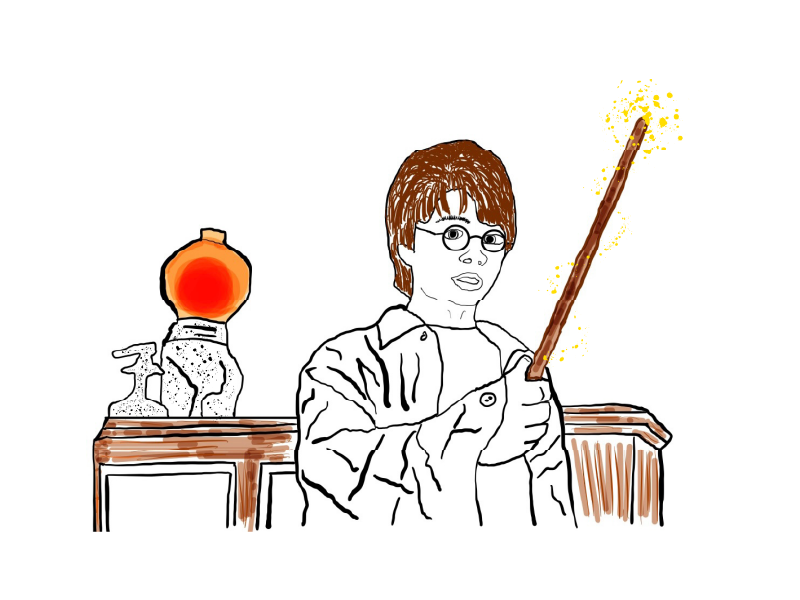
II. Inner kindergarten
In schema therapy, for example, there are several types of "inner children". They are called modes.
Modes of behavior and perception, learned in childhood, into which we can fall in, sometimes by our conscious choice, but most often unconsciously.
Vulnerable child, angry child, undisciplined child, happy child.
All modes, except the last one, were inherited from those situations when our emotional needs were not met by adults.
- A vulnerable child retains the experience of abandonment, loneliness, rejection, fear and shame. This inner child is in pain and hiding. Or rejects someone first just to protect themself from being rejected.
- An angry child is the part of the personality that metaphorically falls on the floor and screams "go away, I hate you!"
- An impulsive or undisciplined child is what was once called a "spoiled" one. This mode has great difficulties with self-control and calculating the consequences of its own actions.
They manifest in different ways and may not look really good as a part of adult behavior (especially when we're in our 30s :) but they're just ways to deal with fear or pain that we once internalized. And they deserve compassion (and therapy, of course).
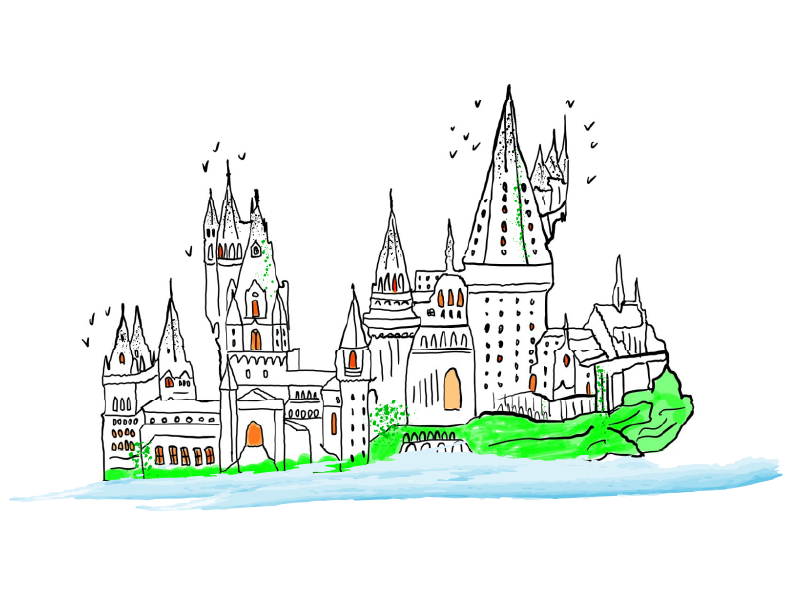
III. "What if I don't have an inner child?"
Children's modes are expressed to different degrees in different people. Someone can immediately localize a vulnerable or humiliated child in their self (and easily name situations from their adult life when they had to fall into this mode). Someone, on the contrary, easily associates themself with children's impulsiveness and anger. Everyone has their own inner kindergarten with their own dramas and holidays. At the same time, "I don't have an inner child at all" is usually a sign that we have locked them up in a dark basement somewhere because it is too painful to face their experiences and feelings.
IV. It is not always easy with children. Especially with inner ones
The bad news is that meeting your inner child is not always pleasant. It is nice to discover the mode of a happy child when we are engaged in creative hobbies or fooling around with friends. Trying to tap into the experiences of other inner children can cause almost excruciating pain. And that's not even the worst, because sometimes therapy clients say that they despise, hate, or want to get rid of their inner child. And then the transition from hatred or the desire to "get rid of" to compassion is the huge step forward.
The good news is that such painful encounters help us untangle our feelings, separate the past from the present, regain control over our own behavior. And, in the long run, heal our inner pain.
V. A child needs an adult
Just as our childhood experiences of abandonment or misunderstanding were consciously or unconsciously shaped by the adults around us, inner children exist alongside inner adults. And often we internalize the behavior we saw in childhood. We get used to shaming, ignoring or criticizing our inner child for its emotions, "weaknesses" or even for its creativity and spontaneity. We cannot go back in time and fix everything but in a sense we can: the inner child, as a capsule of unmet emotional needs, still needs understanding, compassion and protection. And we can give it ti them.
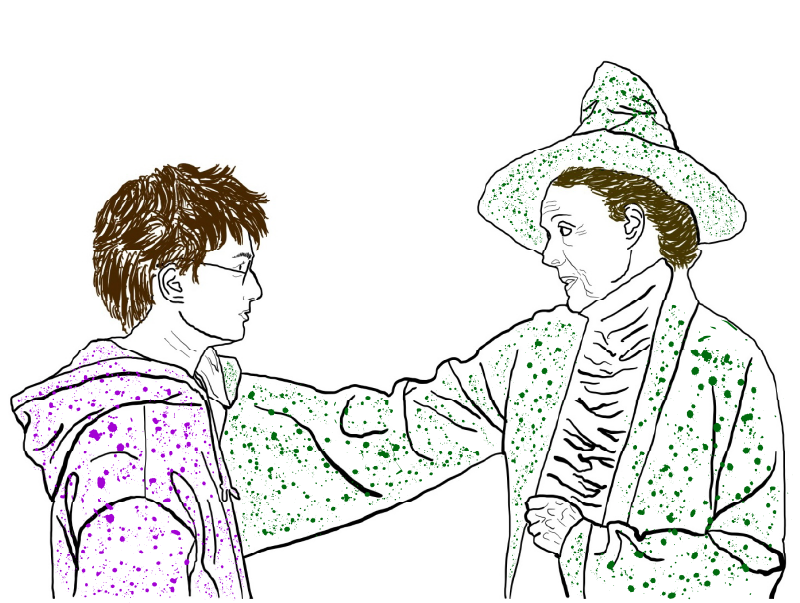
A psychotherapist can become an adult for the inner child in a certain form. For example, when we automatically start criticizing the emotionality or impulsiveness of the inner child, the therapist can stop us and instead say what a mature, kind, empathetic adult would say. This is how we gradually learn to react differently, learn a new patterns for conversations with the inner child. In theory, we can do it ourselves even without a therapist. We can imagine a benevolent parental figure from movies or books, and every time we fall into the child mode, ask ourselves "What would this character say about this? How would he soothe and support this inner pain?"
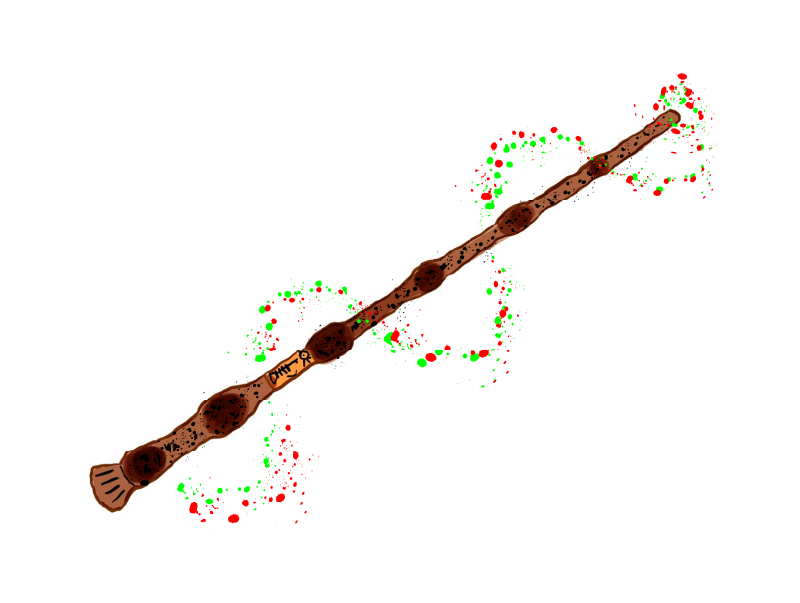
VI. Children at war
What happens to the inner child during war or in stress? Different things. Some people froze these internal children, distance themselves from them until better times, and often this is a necessary protective mechanism, mobilization in conditions of danger and stress. Some people's inner children take over the "decision-making center" from time to time – and we feel small and powerless. Or we do impulsive, infantile, illogical things.
You can try to imagine that your inner child is sitting next to you – and tell them all the things that they would like to hear, addressing them directly. That you will protect them and never leave them.
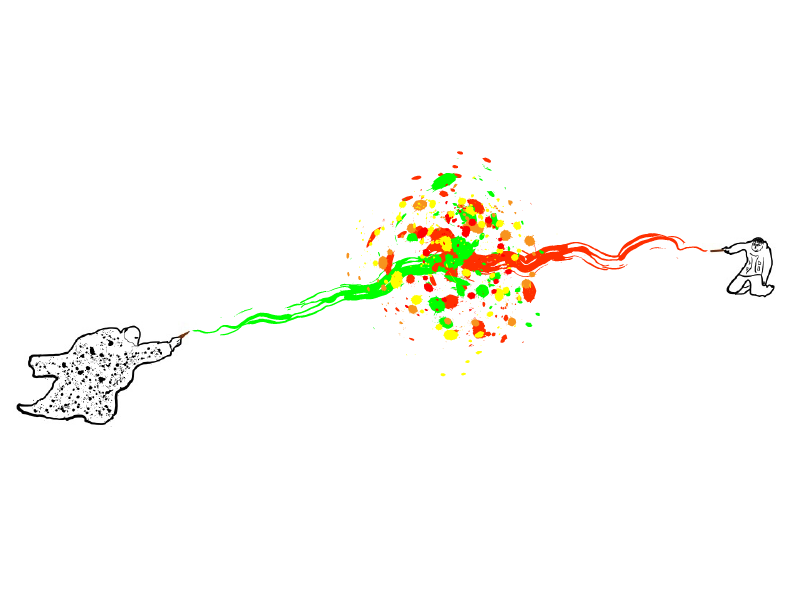
VII. And what's the purpose of all this?
Like everything else in psychology:
- To better understand yourself. To untangle "I don't understand what's happening to me", "I don't even know how to describe it but it hurts a lot", and then, having it untangled, integrate it back.
- To learn healthier ways to cope. Saying kind words to yourself out loud or imagining what Dumbledore would say is a little bit strange but much better than having a meltdown.
- To make it easier to communicate with others, make friends, stand up for yourself, move towards your goals.
- Because children deserve support, protection and happiness. Both real children and inner ones.
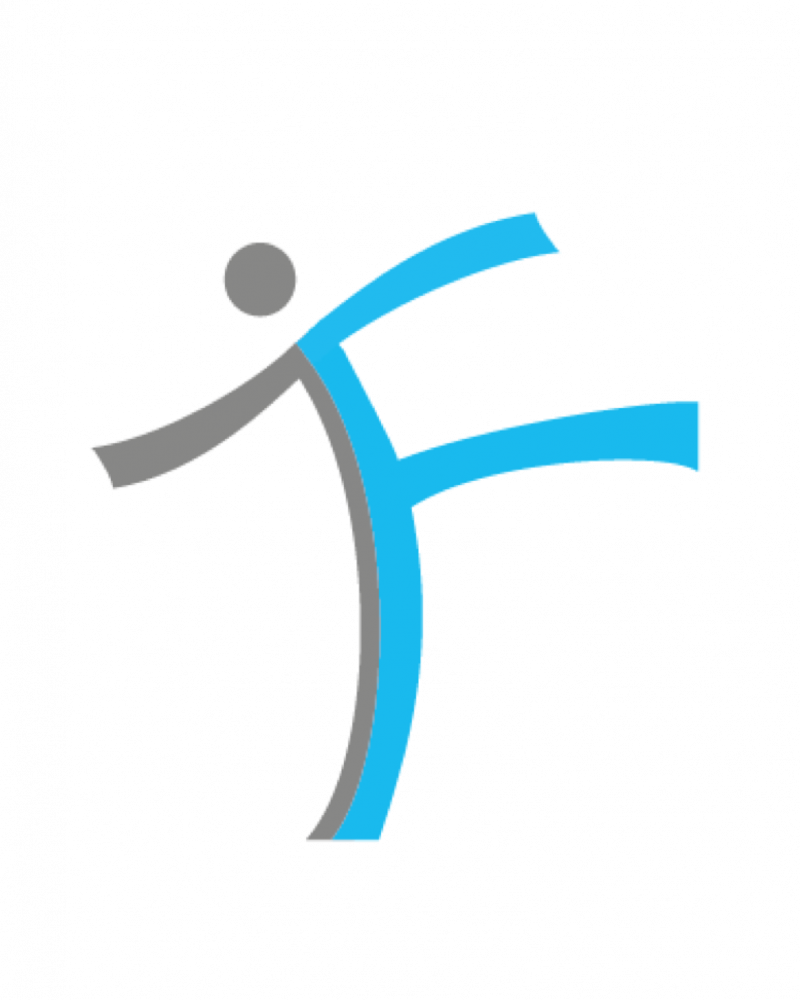
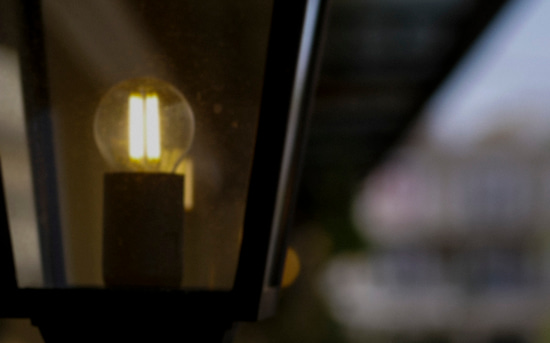
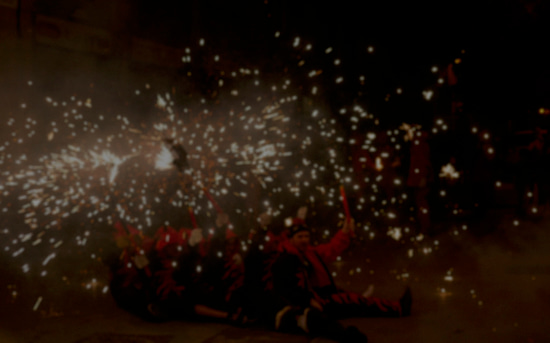

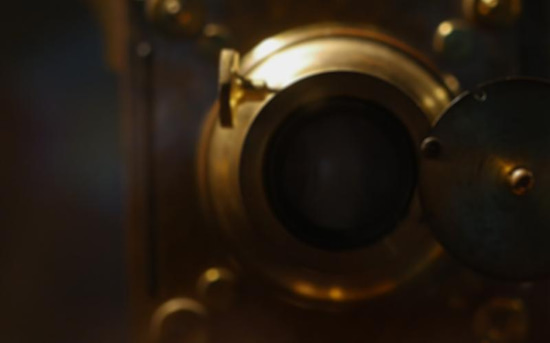
-treatfield-1631819642-6851.jpg)
